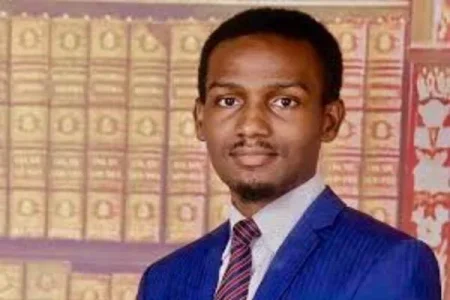
Praise and his wife rushed their son, Jeremiah, to Safe Bliss Medical Centre in Benin in February after he developed a severe fever. Doctors said his blood level had dropped critically and demanded ₦40,000 for a transfusion. The child was discharged but fell sick again in May, requiring a second transfusion at the same hospital—this time costing ₦35,000.
But things spiraled further: When Jeremiah's health didn't improve, he was referred to the Edo Specialist Hospital. After several lab tests, his parents, both HIV negative, received shocking news: their child was now HIV positive.
- The couple's screenings confirmed they do not have HIV
- Medical investigations point to unsafe blood transfusions as the likely cause
- The hospital insists it followed all clinical procedures and sourced blood from a licensed blood bank
- An independent investigation is now underway
- Legal consequences, both civil and criminal, may follow if negligence is proven
With the child’s life now permanently altered, the case may become a landmark in Nigeria’s patient rights and medical negligence reform.




